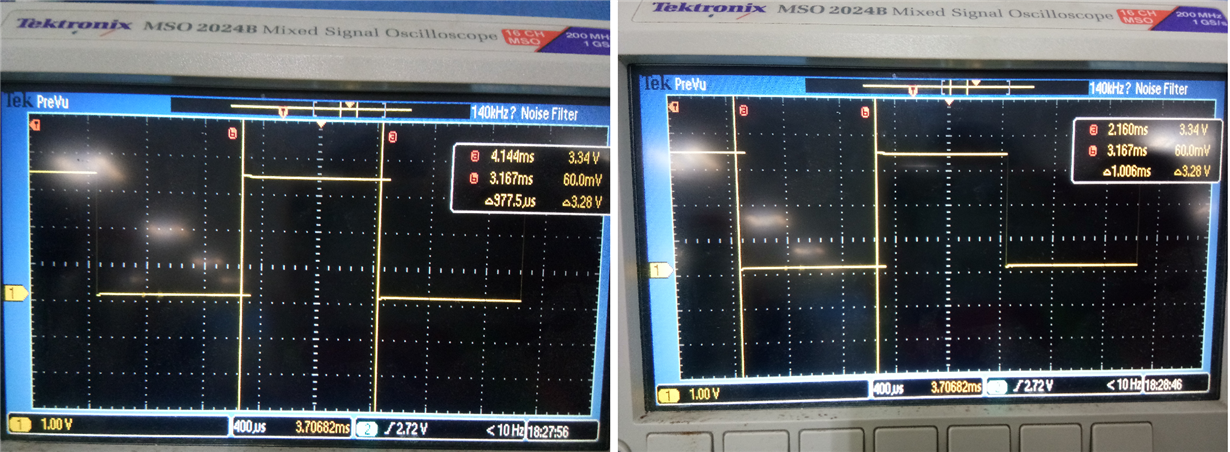Other Parts Discussed in Thread: SYSBIOS
In our application. we use “OSC_XOSC_LF” as Low Frequency Source. Crystal used is Epson FC-135.
From datasheet it is known that, Crystal Epson FC-135 has an error tolerance of +- 20 ppm.
My question is how this error tolerance is corrected by upscaling /downscaling and fed to RTC.
Is it taken care in stack itself or should we take care of it in application.
If done in stack, where can I find it ?
Thanks,
Aarthi



